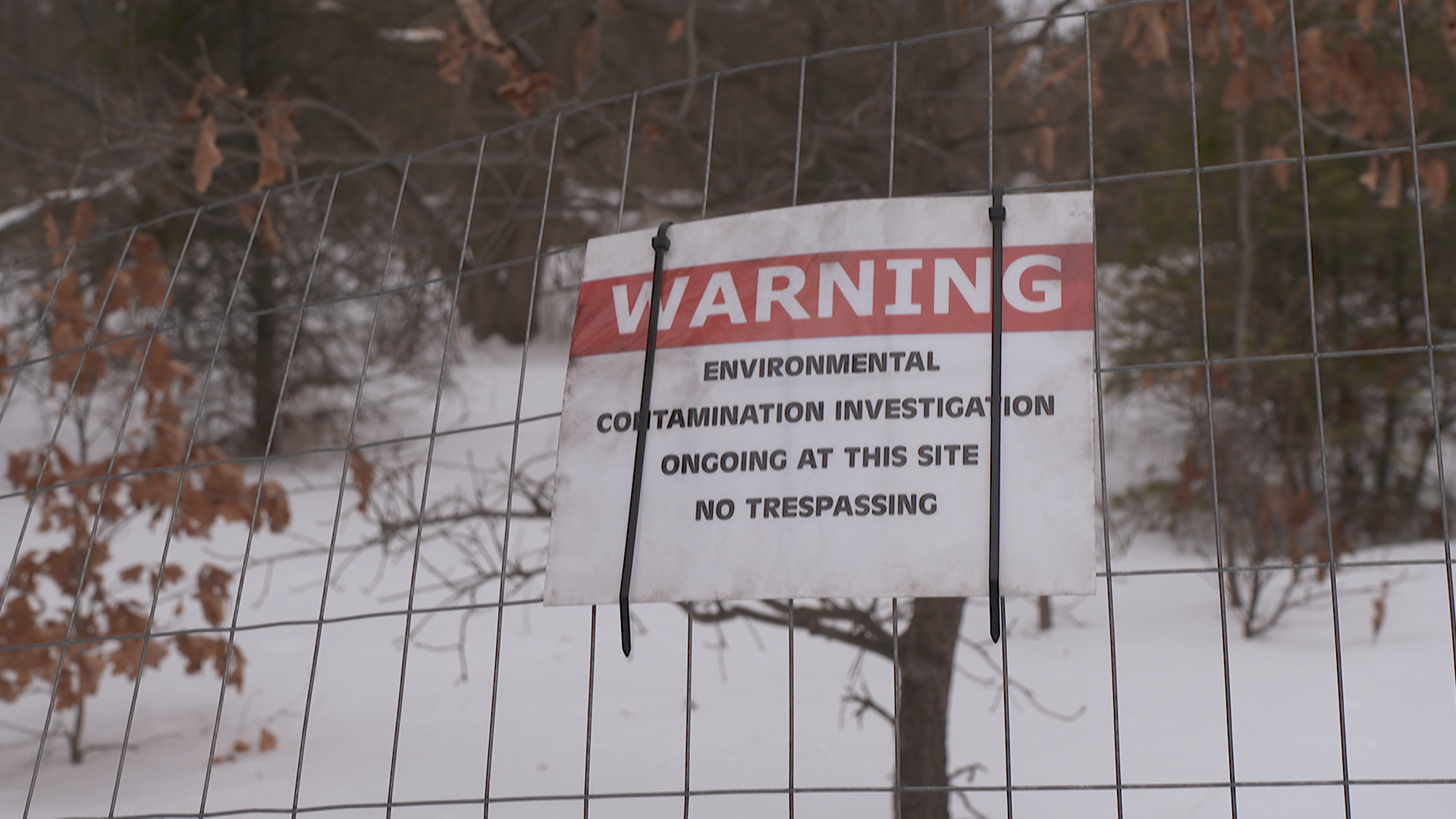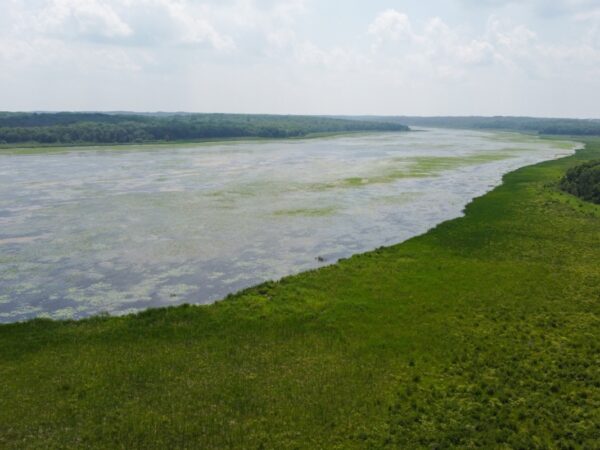
Two Michigan State University (MSU) scientists were recently awarded grants to address per- and polyfluorinated substances (PFAS) in agriculture. The U.S. Environmental Protection Agency (EPA) awarded Hui Li $1.6 million, and the Michigan Department of Agriculture and Rural Development (MDARD) awarded Cherly Murphy $1.75 million to measure livestock bioaccumulation and plant uptake of PFAS.
“These projects will allow us to further examine the mechanisms and pathways PFAS enter crops through the environment, the extent to which PFAS are bioaccumulated in crops and livestock, and strategies for mitigating PFAS exposure to living organisms,” Li said in a statement with MSU.
Funding from the Freshwater Collaborative of Wisconsin, created an undergraduate collaborative between the University of Wisconsin-Stevens Point and University of Wisconsin-Milwaukee involving students in the research to reduce PFAS contamination in water. This news comes at the same time that the state of Wisconsin announced one or more pesticides were found in about 43% of 800,000 private wells—more than half that are not regulated in groundwater.
According to reporting by Wisconsin Public Radio’s Danielle Kaeding: “The Department of Natural Resources has attempted to set groundwater standards for pesticides, but those efforts have so far been unsuccessful. The agency has said it will ask state health officials to revisit recommendations for pesticides after they receive updated health recommendations on PFAS.” Also noting that 29 out of 107 tested compounds were shown to be neonicotinoids, insecticides known to be toxic to bees and birds.
Hunters near Stella, Wisconsin are being asked to submit deer tissue samples, an unusual ask during hunting season that sounds more like a citizen science effort. Some of Wisconsin’s highest levels of PFAS contamination were found last year in private wells in the Oneida County town.
The Wisconsin Department of Natural Resources (DNR) received approval from the Natural Resources Board, to set public drinking water standards that match the new federal standards for PFAS. Board Member Robin Schmidt noted that this does not apply for the 800,000 private wells, according to reporting by WXPR’s Katie Thoresen.
The Biden administration recently set a 10 year deadline to replace all lead pipes. “The requirement also comes as the Biden administration proposes strict new drinking water standards for harmful “forever chemicals” called PFAS, or per- and polyfluoroalkyl substances. These standards will cost billions of dollars,” according to reporting by Matthew Daly and Michael Phillis at the Associated Press.
More PFAS News in case you missed it:
- Finally, the City of North Bay and the Canadian Department of National Defense (DND) have made a $20M agreement on PFAS remediation. The first phase will focus on preventing PFAS from further escaping the airport lands, according to reporting by Stu Campaigne at Bay Today.
- A study including more than 140 people from ages 19 to 24, gave blood samples over several years, which showed researchers at the University of Southern California (USC) that there may be a link between poor sleep and bioaccumulation of PFAS.
- Researchers at Binghamton University are looking into the connection between algal blooms and PFAS in New York’s Finger Lakes region.
- A recent episode of Native American Calling addressed what different tribes are doing to address PFAS.
- The New York Times recently attempted to explain how people can avoid the ever-pervasive “forever chemicals.”
Catch more news at Great Lakes Now:
PFAS Roundup: Wisconsin PFAS remediation funds still frozen due to partisan divide
Featured image: Sign warning for environmental contamination (Great Lakes Now Episode 1012)




